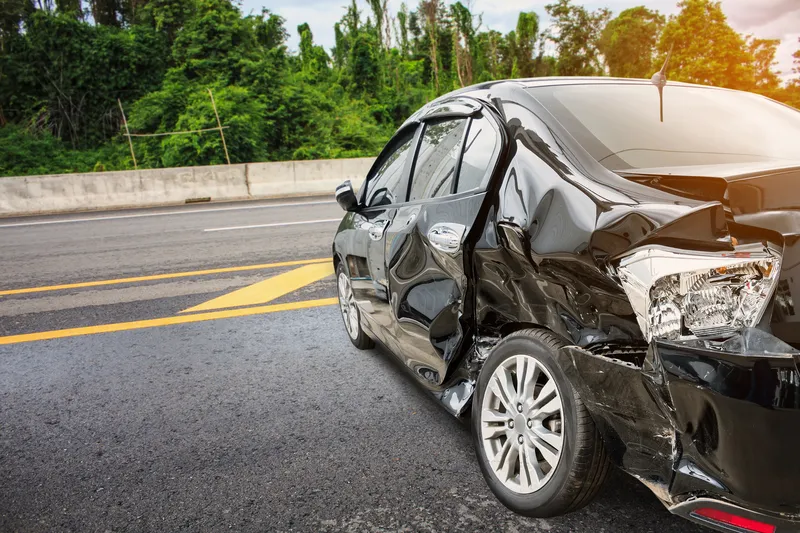The International Transport Forum (ITF) has welcomed the target to “halve the number of global deaths and injuries from road traffic accidents by 2020” set by world leaders in September at the UN Sustainable Development Summit in New York.
Every year, almost 1.3 million people are killed in road crashes around the globe, according to the World Health Organization (WHO).
October 23, 2015
Read time: 2 mins
The 998 International Transport Forum (ITF) has welcomed the target to “halve the number of global deaths and injuries from road traffic accidents by 2020” set by world leaders in September at the UN Sustainable Development Summit in New York.
Every year, almost 1.3 million people are killed in road crashes around the globe, according to the World Health Organization (WHO).
The target of a 50 per cent reduction in road deaths is much more ambitious than the previous international commitment: The UN Decade of Action for Road Safety, running from 2011 to 2020, set as its aim to first halt the rise in the number of road deaths and then begin to reduce them by 2020.
ITS says achieving the new benchmark, codified as part of Sustainable Development Goal (or SDG) number 3.6, will require a drastic acceleration in the implementation of highly effective road safety policies. It is a particular challenge for low and middle income countries which face rapid motorisation and where 90 per cent of road fatalities occur.
“The International Transport Forum welcomes ambitious targets for improved road safety”, said ITF secretary general José Viegas. “Benchmarks for reducing the death toll on our roads should be set at all levels - global, national and local.”
“The new UN target is the most ambitious to date. The global community will have to draw on all the available expertise, resources and initiatives to move towards halving global road deaths as soon as possible. The ITF will do its best to share knowledge about good road safety policies and help to implement them.”
This week, the ITF launches four new reports to help policy makers choose the most effective approaches to improving road safety in their national context: Improving Safety for Motorcycle, Scooter and Moped Riders; Why does Road Safety Improve When Economic Times Are Hard?; Road Infrastructure Safety Management; 2015 Road Safety Annual Report.
Another ITF Working Group is currently preparing a report on road safety as a safe system. This report will be published in late 2016 and build on the seminal report Towards Zero: Ambitious Road Safety Targets and the Safe System Approach” (ITF, 2008).
Every year, almost 1.3 million people are killed in road crashes around the globe, according to the World Health Organization (WHO).
The target of a 50 per cent reduction in road deaths is much more ambitious than the previous international commitment: The UN Decade of Action for Road Safety, running from 2011 to 2020, set as its aim to first halt the rise in the number of road deaths and then begin to reduce them by 2020.
ITS says achieving the new benchmark, codified as part of Sustainable Development Goal (or SDG) number 3.6, will require a drastic acceleration in the implementation of highly effective road safety policies. It is a particular challenge for low and middle income countries which face rapid motorisation and where 90 per cent of road fatalities occur.
“The International Transport Forum welcomes ambitious targets for improved road safety”, said ITF secretary general José Viegas. “Benchmarks for reducing the death toll on our roads should be set at all levels - global, national and local.”
“The new UN target is the most ambitious to date. The global community will have to draw on all the available expertise, resources and initiatives to move towards halving global road deaths as soon as possible. The ITF will do its best to share knowledge about good road safety policies and help to implement them.”
This week, the ITF launches four new reports to help policy makers choose the most effective approaches to improving road safety in their national context: Improving Safety for Motorcycle, Scooter and Moped Riders; Why does Road Safety Improve When Economic Times Are Hard?; Road Infrastructure Safety Management; 2015 Road Safety Annual Report.
Another ITF Working Group is currently preparing a report on road safety as a safe system. This report will be published in late 2016 and build on the seminal report Towards Zero: Ambitious Road Safety Targets and the Safe System Approach” (ITF, 2008).








